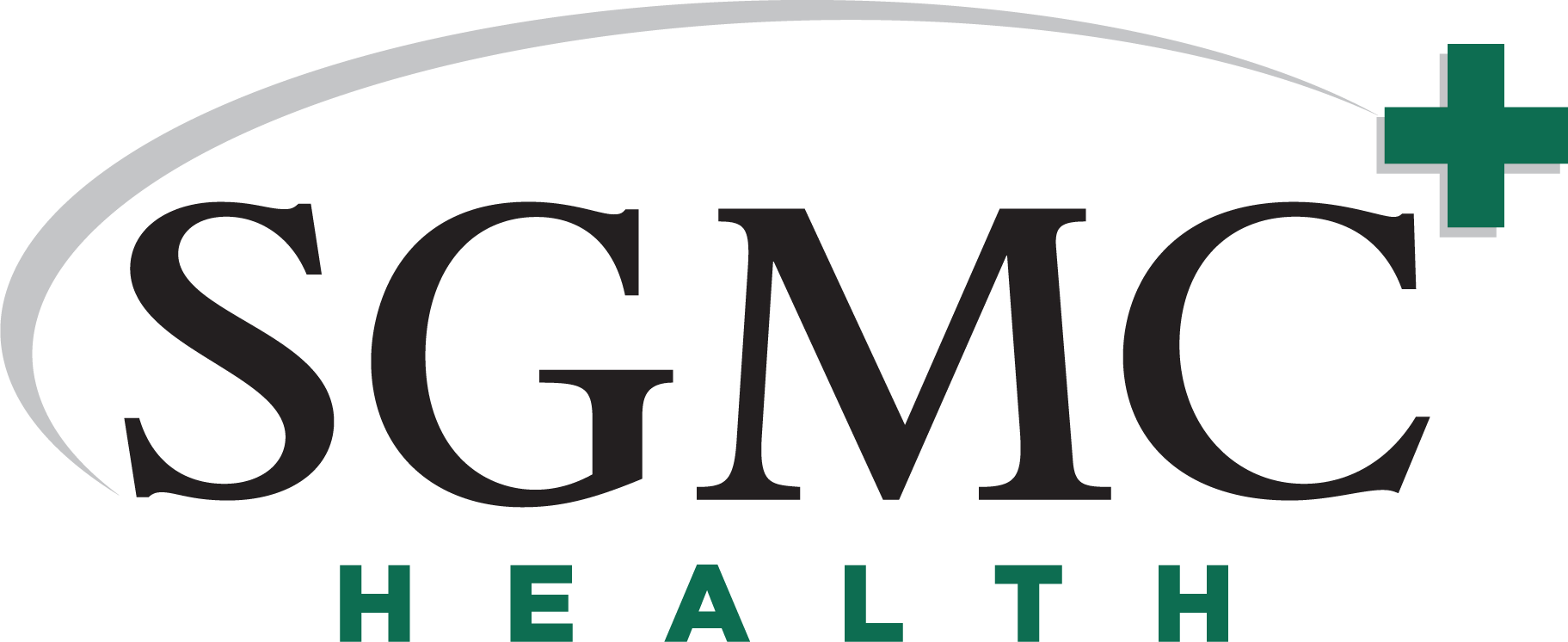
South Georgia Medical Center launched a new site and awareness campaign to help patients better understand when and where to seek the appropriate medical care. Know, then Go, accessible at sgmc.org/knowthengo, offers education on the differences between various types of care to include primary care, urgent care, or emergency services.
While the answer is not always simple, understanding the basics can help patients save time and money, but most importantly, ensure they receive the correct level of care.
According to Elizabeth Flail, DO, co-director of SGMC’s Emergency Department and Urgent Care Center, recognizing the difference between ’emergency’ and ‘urgent’ care can be difficult because both terms imply a medical need that needs to be addressed quickly.
“There are distinct differences between the level of care provided at hospital emergency departments and urgent care facilities,” says Dr. Flail. “Our ERs are equipped to handle the most complex or critical medical needs, which include life and limb-threatening situations ranging from a heart attack and stroke to traumatic injuries following an accident.”
For non-life-threatening illnesses and injuries, Dr. Flail shares that there are a few reasons your primary care physician (PCP) should be your first call.
“Your PCP knows you and your health history, including what medications you take and any chronic conditions that should be considered in your treatment,” says Dr. Flail.
However, if you don’t have an established PCP or if your PCP is unavailable, an Urgent Care center may be your next best choice as they typically accept walk-in patients and are open after-hours and on weekends.
“Urgent Care is the middle ground between a PCP and the ER. If you have a minor illness or injury that just can’t wait until a regular appointment, Urgent Care fills that gap,” she says.
Urgent care centers generally have shorter wait times compared to an ER, and in most cases, the out-of-pocket cost is also lower. However, it’s always a good idea to check to see what is covered by your insurance plan.
A good rule of thumb: if your sudden illness or injury is something you would normally feel comfortable addressing with your PCP, then an urgent care setting is probably more appropriate than the ER.
According to Joseph Hayes, MD, Medical Director at SGMC Internal Medicine at Park Avenue, the best time to get a PCP if you don’t have one is now. He says, “Even if you consider yourself healthy, regular check-ups are essential for detecting any potential issues early. Your PCP will also help you stay current with appropriate screenings and tests, provide health education and counseling, and facilitate referrals to specialists as needed.”
SGMC offers the entire continuum of care to include 12 primary care offices, four emergency departments, and an urgent care center. For more information, visit sgmc.org/knowthengo.
